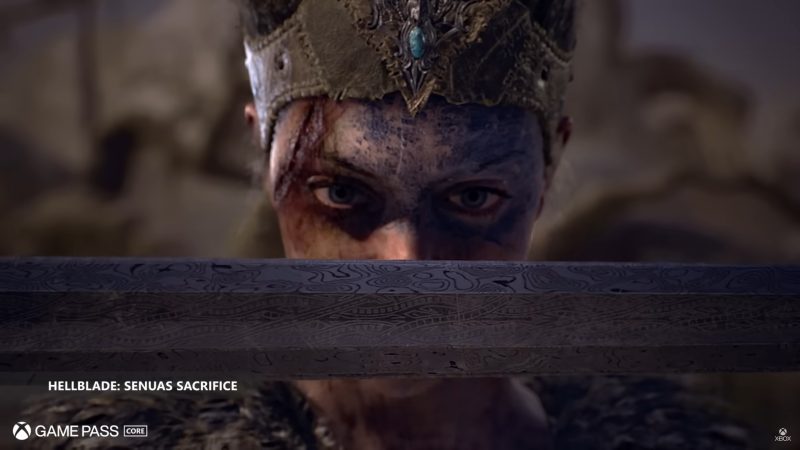Microsoft is bidding farewell to its long-time companion, Xbox Live Gold, an iconic brand that has existed for over 20 years. Xbox Live Gold, which was rebranded to Xbox network in 2021, will now be officially replaced with Xbox Game Pass Core, a novel subscription service that promises to revamp the gaming experience for Xbox One and Xbox Series S/X console users.
Xbox Live Gold initially took the gaming world by storm when it was launched on the original Xbox on November 15, 2002. It garnered popularity predominantly through the online multiplayer section of Halo 2. As the gaming industry evolved, the service tagged along, expanding its reach to the Xbox 360, Xbox One, and Xbox Series X and S.
An important attribute of Xbox Live Gold, the "Games with Gold" program, provides subscribers with an opportunity to get free games each month. However, with the advent of Game Pass Core, this is coming to an end.
Nevertheless, the discontinuation is not entirely a cause for dismay. Microsoft ensures that any Xbox 360 titles redeemed in the past via Games with Gold will be perpetually preserved in the player's library. For Xbox One titles, though, players need to maintain a subscription to Xbox Game Pass Core or Game Pass Ultimate.


